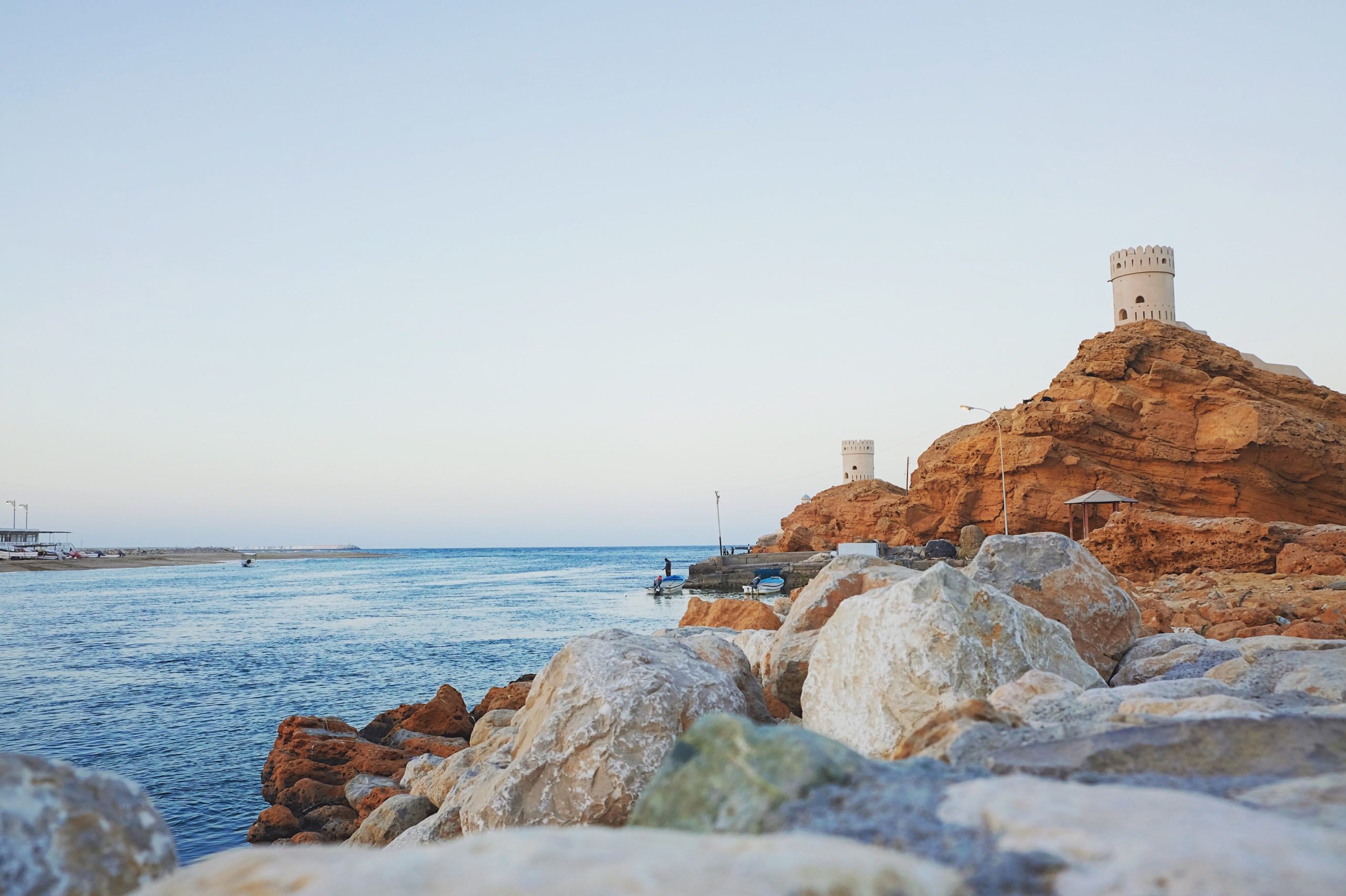In the winding alleys of Oman’s ancient souks, amidst the echoes of muezzin calls and the fragrant wafts of incense, an age-old tradition thrives, unfazed by the passage of time. The rhythmic pouring of coffee, accompanied by the soft, sweet texture of dates, has long been the cornerstone of Omani hospitality. This is not just a customary practice; it’s a ritual, steeped in history, signifying warmth, generosity, and deep cultural roots. Whether it’s the casual gathering of friends under the shade of a palm tree or a formal occasion graced by dignitaries, the Omani coffee and date ritual remains omnipresent, connecting the threads of the past with the vibrancy of the present. This time-honored tradition, with its nuances and subtleties, offers a window into the soul of Omani society, where every gesture, every sip, and every bite tells a story. As we delve deeper into the realms of Omani coffee and dates, let’s embark on a journey that captures the essence of Oman’s rich heritage and its enduring legacy of hospitality.
The Brewing of Qahwa: A Symbolic Gesture
Omani coffee, locally known as ‘qahwa’, is a rich and aromatic brew. Unlike the strong and dark variants from other regions, Omani qahwa is light in color but intense in flavor. The beans, lightly roasted, are ground and brewed with cardamom, often with a hint of saffron or rosewater, infusing the coffee with a unique and delightful aroma.
The process of preparing qahwa is deliberate and contemplative. The beans are roasted gently until they release their aromatic oils, then ground to a fine consistency. As the water boils, the ground coffee is added, simmering slowly to perfection. This brewing process, often done in front of guests, is as much a visual spectacle as it is a testament to the host’s meticulous care and expertise.
Dates: The Desert’s Sweet Bounty
Complementing the qahwa is the sweetness of dates. Oman boasts a variety of dates, each with its unique texture, flavor, and level of sweetness. From the succulent ‘Khalas’ to the nutty ‘Fardh’, the range is vast. Often, dates are stored in beautiful ornate containers, signifying their importance in Omani households.
Dates are not just a delightful accompaniment to coffee. They hold nutritional, economic, and even spiritual significance. Rich in essential minerals, fiber, and vitamins, dates are a source of sustained energy, especially in the challenging desert environment. Their prominence during religious occasions, especially Ramadan, further underscores their importance in Omani culture.
A Ritual of Connection and Respect
Serving qahwa and dates is not just about offering refreshments. It’s a ritual laden with symbolism and etiquette. When guests arrive, they are first presented with a bowl of dates, followed by qahwa. The coffee is poured from a traditional pot called ‘dallah’ into small cups, ensuring that it’s never filled to the brim, a gesture symbolizing the desire to serve the guest multiple times.
The manner in which the coffee is received, the number of refills, and even the subtle tilting of the cup when one has had enough, are all part of the ritual’s etiquette. Through this ceremony, bonds are strengthened, conversations are initiated, and the age-old Omani traditions of hospitality and respect are celebrated and passed on to the next generation.


